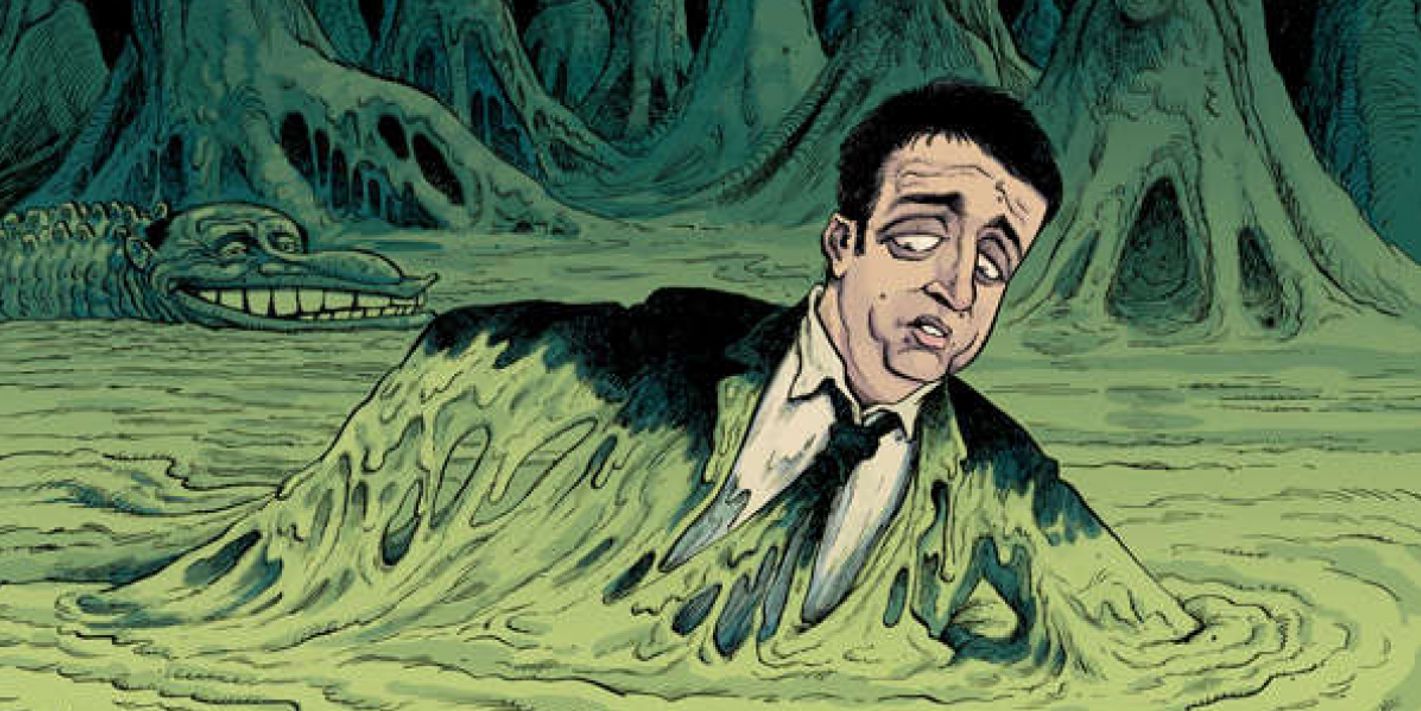Renzi’s struggle in the swamp
The prime minister presses on with his reform agenda after winning a crucial vote
NO RECENT Italian prime minister has swept into office with as much … youthful vigour and brazen self-confidence as Matteo Renzi. But almost a year after he snatched power from his predecessor, the 40-year-old Mr Renzi is waist-deep in what Italians call il pantano (the swamp). Its quicksand and viscous waters — a mix of bureaucratic obstructionism and parliamentary cantankerousness — have swallowed many an earlier would-be reformer.
Вернуться на Главную

Mr Renzi, however, is making progress: on January 21st the Senate approved a measure that should ensure the passage of a new electoral law. But gone are the days when he promised to transform Italy with a reform a month. His Democratic Party (PD) is still ahead in the polls, but its popularity has ebbed. And the only big structural economic reform that he has made is an overhaul of the labour market that has yet to be enacted.
Mr Renzi has enjoyed the backing of two unlikely figures: the outgoing president, Giorgio Napolitano, a former communist; and Silvio Berlusconi, leader of Italy’s main right-wing party, Forza Italia, and a former prime minister who last year agreed to back plans for political and constitutional reform. But the 89-year-old Mr Napolitano dropped out when he resigned on January 14th, leaving Mr Renzi to press on with Mr Berlusconi.
Often seen as the swamp’s most dangerous predator, the media tycoon is known to critics as il caimano (the cayman, a small alligator), a nickname from a film director, Nanni Moretti. Mr Renzi has so far kept his sharp-toothed escort under control. Mr Berlusconi, convicted of tax fraud in 2012, has been expelled from parliament, banned from standing for public office and made to do community service in a centre for dementia patients. But he will complete his sentence in March, and in exchange for helping Mr Renzi with electoral reform he can expect an important say in the choice of Italy’s next president. The presidency carries limited, but often decisive, powers — and one is to grant pardons.
Mr Renzi and his advisers believe Italy’s economic and political problems are fundamentally institutional, and that no prime minister can solve them without outright control of parliament. One half of their proposed solution is to turn the upper-house Senate into a regional assembly with drastically reduced powers. The other is a new electoral law for the lower-house Chamber of Deputies, aimed at producing a clearer outcome: if no party wins more than 40% of the vote, a run-off would be staged between the top two with the winner getting an assured majority. Mr Renzi’s cabinet altered the bill after the chamber passed it, so a final reading in the lower house is needed for it to become law. But it first has to be approved in the Senate, where the government lacks a majority.
The situation became trickier on January 20th, when only 71 of the PD’s 108 senators backed the bill. Many who were already seething over the government’s labour reforms complain that the electoral law would retain for party leaders much of the power they now enjoy to decide who enters parliament. That deprives voters of the ability to choose who should represent them. It also means Mr Renzi could keep out of the next legislature many of those making his life harder in the present one.
Even with the backing of his coalition partners in the New Centre Right (NCD), a party of ex-Forza Italia rebels that has greater representation in the Senate than in the country, Mr Renzi could not have passed his electoral reform without Mr Berlusconi’s support. Cajoled by their leader, most of Forza Italia’s senators agreed to back the government. Yet 13 did not. Forza Italia’s dissidents grouse that the bill confers a guaranteed majority in the lower house on the biggest party, and not a winning coalition. Their leader, Raffaele Fitto, a former governor of Puglia, calls it “political suicide” for the right.
A glance at recent polls shows why. If it were a race between alliances, left and right would be neck-and-neck on around 40% and 36%, respectively. But, despite Mr Berlusconi’s best endeavours, Italy’s conservatives have never managed to unite in one movement for more than a few years.The biggest party, Forza Italia, is only on 15%, far below the PD alone.
Mr Berlusconi has other priorities, however. After his latest meeting with Mr Renzi, he disclosed that the next, on January 27th, would discuss the presidency. If the electoral bill has got through the Senate with Forza Italia’s support, Mr Berlusconi will then be in a strong position to insist on a candidate to his liking. That would enhance the chances of Pier Ferdinando Casini, once his deputy prime minister; Giuliano Amato, a former prime minister whose political roots (like Mr Berlusconi’s) are in the old Italian Socialist party; and Anna Finocchiaro, the PD leader in the Senate and one of the few left-wingers acceptable to the right.
Presidents in Italy are elected …



































